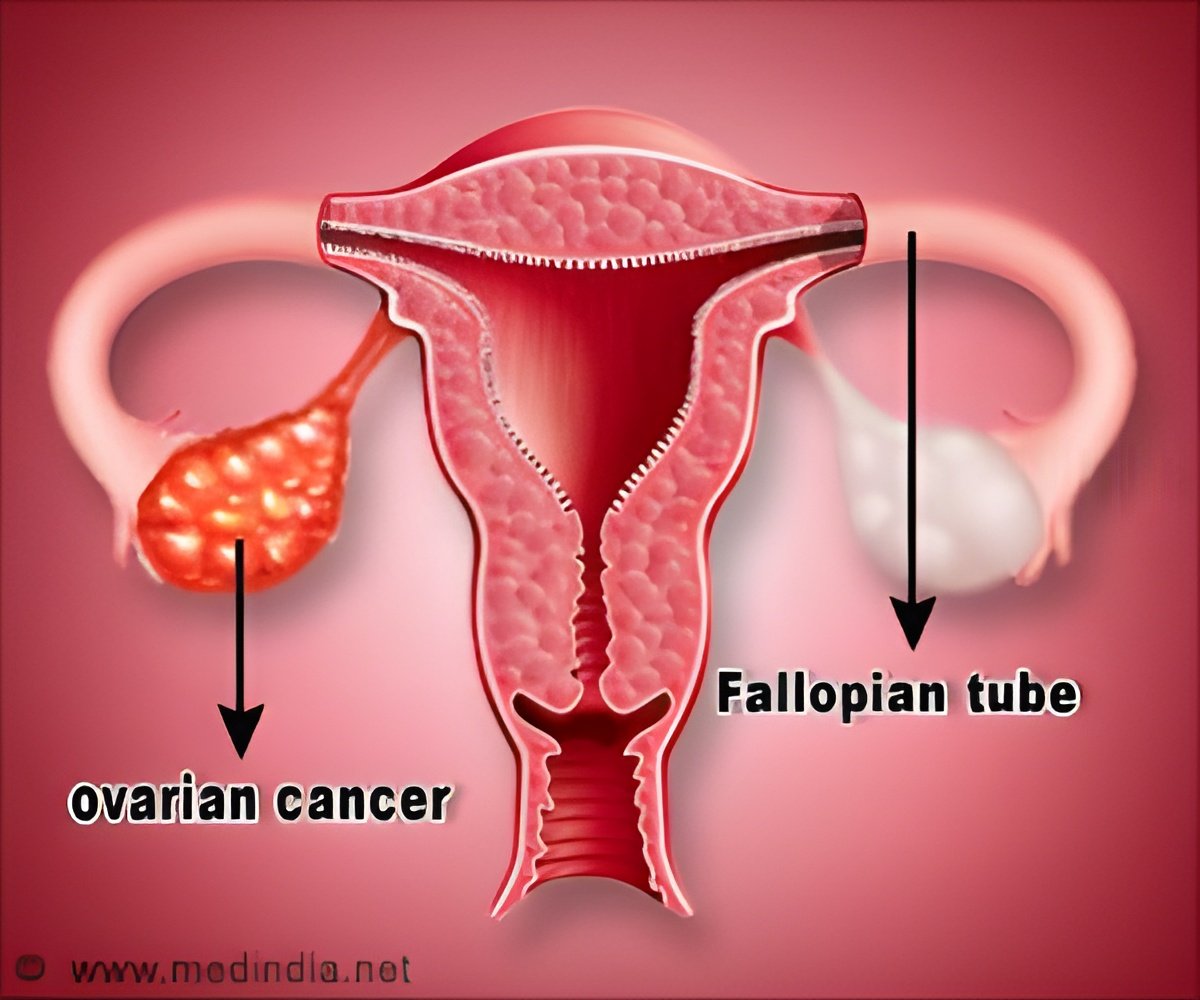Ovarian Cancer: is being religious going to affect its stage at the time of diagnosis? Does this occur only among African American women? This study will help us answer all of these questions.

‘Awareness about cultural and folk beliefs of people need to be addressed by the doctor and involving churches in health education interventions may result in better outcomes.
’





In the article, entitled "Effect of Cultural, Folk, and Religious Beliefs and Practices on Delays in Diagnosis in Ovarian Cancer in African American Women," the researchers examined whether specific cultural/folk beliefs, religious practices, and perceived spirituality were associated with delays in diagnosis of ovarian cancer as indicated by later cancer stage at diagnosis or longer symptom duration before diagnosis. Cultural/folk beliefs and religiosity/spirituality were not associated consistently with symptom duration before diagnosis.Patricia G. Moorman, Ph.D., Duke University (Durham, NC) coauthored the article with colleagues from the University of South Carolina (Columbia), Rutgers Cancer Institute of New Jersey (New Brunswick), Case Western Reserve University (Cleveland, OH), Baylor College of Medicine (Houston, TX), Wayne State University (Detroit, MI), University of Alabama-Birmingham, Medical University of South Carolina (Charleston), Moffitt Cancer Center (Tampa, FL), University of Virginia (Charlottesville), Louisiana State University (New Orleans), Hunter Holmes McGuire Veterans Affairs Medical Center (Richmond, VA), and the University of Tennessee (Knoxville).
"Although cultural/folk beliefs related to cancer were not associated with cancer stage in this study, Dr. Moorman and colleagues found that these beliefs were prevalent among the women and may have influenced their decisions to seek treatment for cancer," states Susan G. Kornstein, MD, Editor-in-Chief of Journal of Women's Health and Executive Director of the Virginia Commonwealth University Institute for Women's Health, Richmond, VA. "Increasing awareness among physicians about cultural and folk beliefs related to cancer, improving patient-provider communication about these beliefs, and involving churches in health education interventions may lead to better outcomes."
Source-Eurekalert














